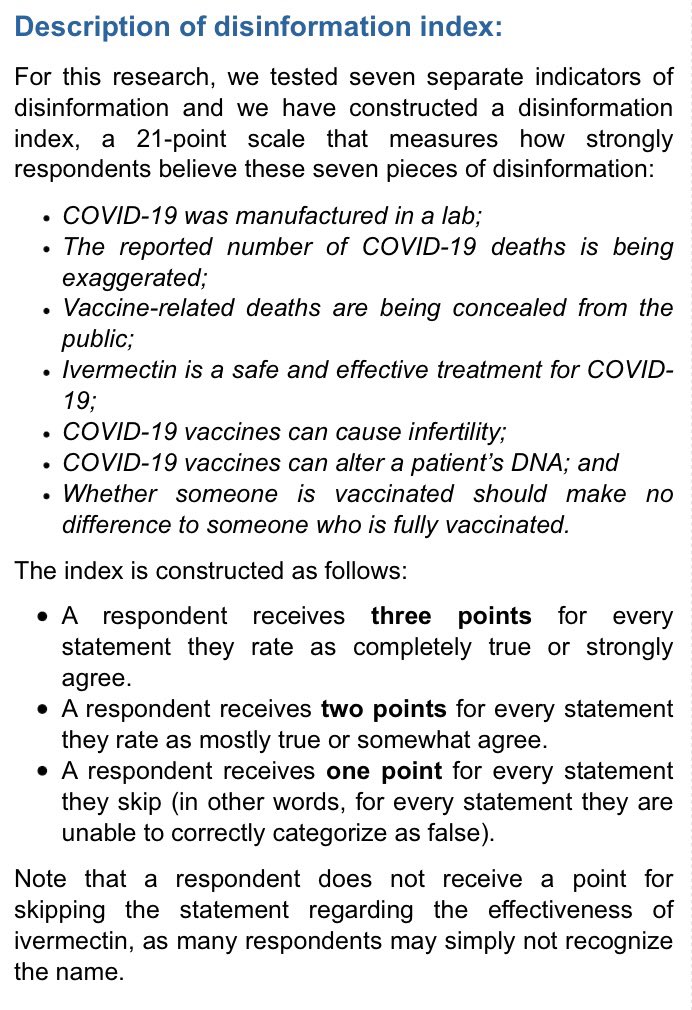
💰 DONATED MONEY?
I’m getting a deluge of calls about people who are worried about having donated to @GiveSendGo
Once again, this thread is not legal advice but it can be useful information.
I’m getting a deluge of calls about people who are worried about having donated to @GiveSendGo
Once again, this thread is not legal advice but it can be useful information.
First, don’t panic. For reasons elaborated on out below, I am not convinced that past donations are illegal. I am also not saying they aren’t either; but for starters, assume you’re okay until and unless you hear otherwise; no point in stressing yourself out.
Second, don’t discuss the matter with anybody other than a lawyer. I’ve heard stories of the @CBCNews contacting people to confirm details. Do not discuss your donation with anybody and especially not the media.
Third, consider not donating in the future. Although you may be supportive of the #FreedomConvoy2022 and although I am not necessarily saying the protest is illegal, the ante has been upped at this point and the claim will be that you now know it is illegal.
Finally, live your life. This is related to my 1st point; even if you technically broke the law, for the same reason that police don’t generally pull people over for driving 1km/h over the speed limit, so too is it far fetched to think that thousands of accounts will be frozen.
If the authorities contact you, say nothing and DM me.
If your bank freezes your account, contact a civil litigation lawyer immediately and consider also sending me a DM.
If your bank freezes your account, contact a civil litigation lawyer immediately and consider also sending me a DM.
• • •
Missing some Tweet in this thread? You can try to
force a refresh




